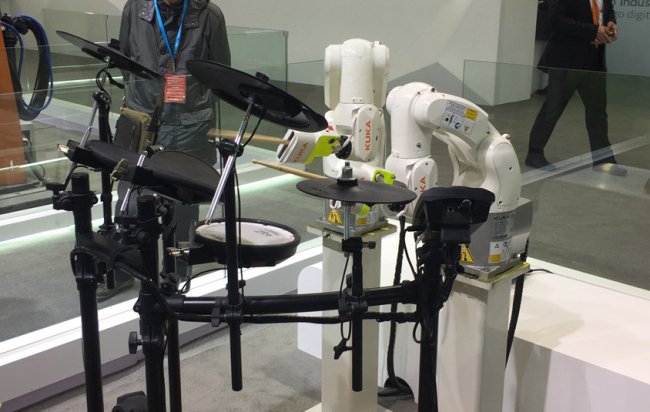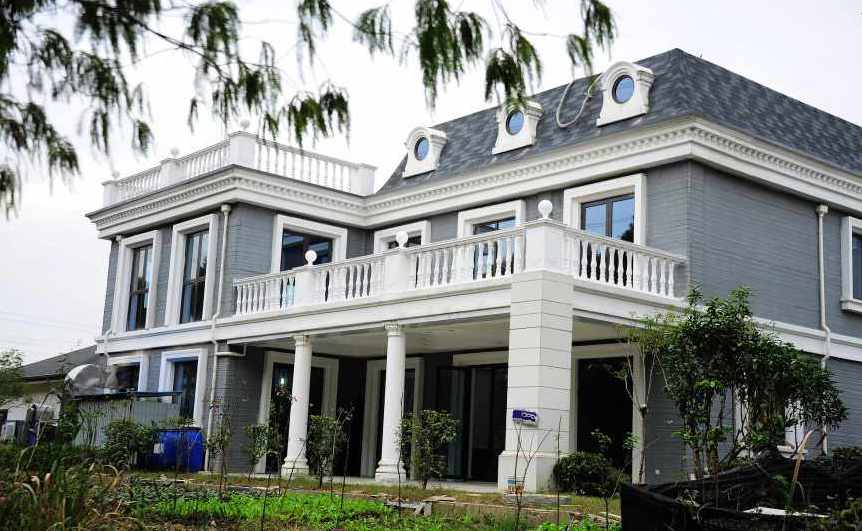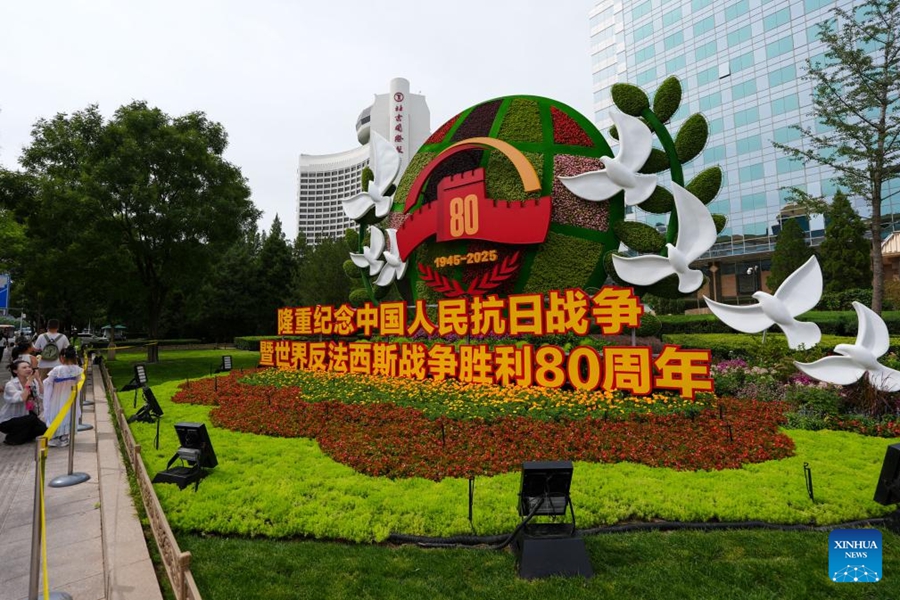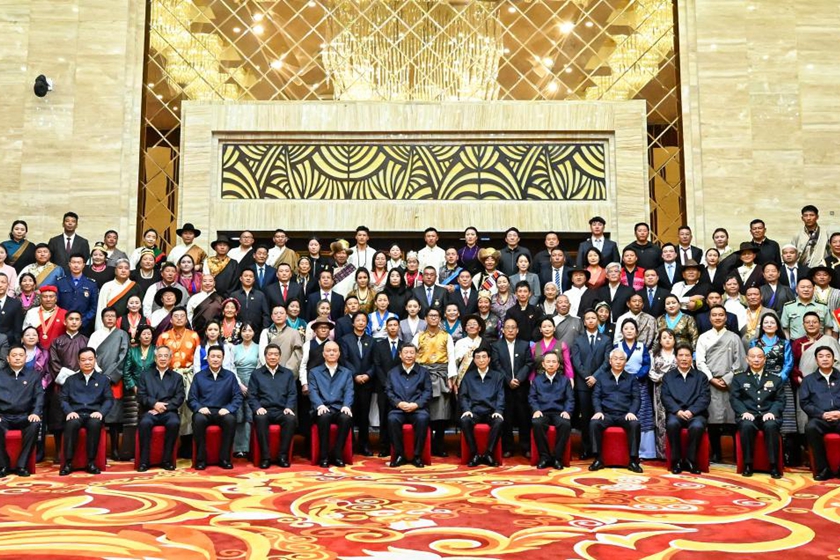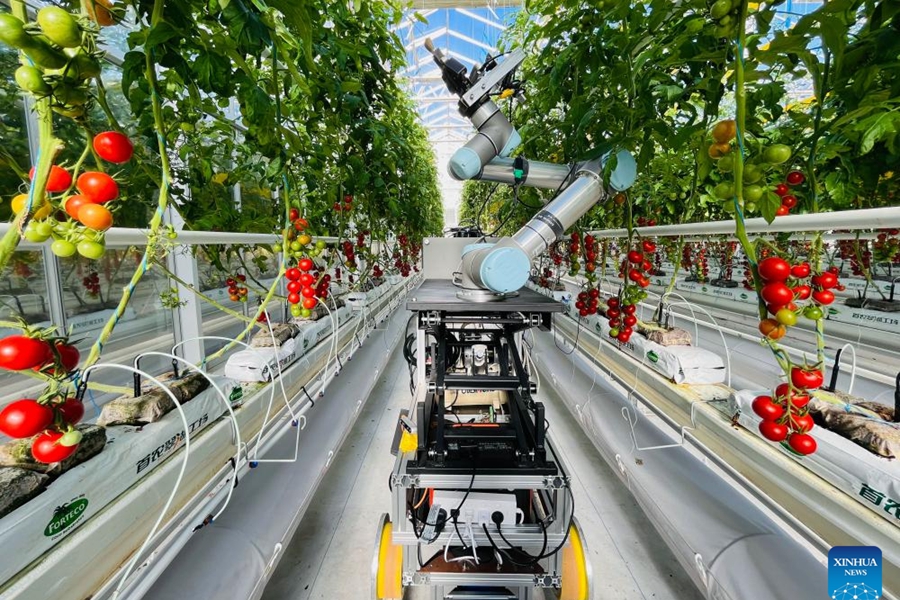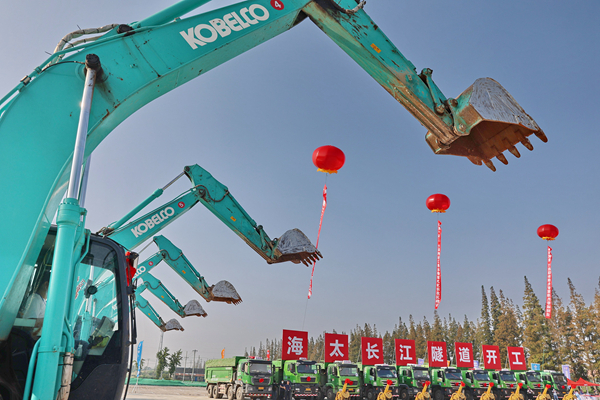
The Haimen-Taicang tunnel underneath the Yangtze River kicked off construction on Sep. 7. (CFP file photo)
Major transport infrastructure projects in Jiangsu have made new strides in September as the coastal province's economy maintains its recovery trend.
With an estimated investment of 35.74 billion yuan, the much-anticipated Haimen-Taicang tunnel underneath the Yangtze River kicked off construction on September 7 and is expected to open in the first half of 2028.
It's also the second cross-river tunnel that began building in Nantong this year. The city has made investment of 21.3 billion yuan into transport projects this year, more than 67% of the planned amount of 31.6 billion yuan.
In addition, nine of Jiangsu's 12 key projects have started construction, playing an important role in stabilizing the economy and boosting investment. Nanjing is in full swing to build itself into an international integrated transport hub, with a planned investment of 45 billion yuan this year and 26.4 billion yuan already accomplished in the first eight months.

Lianyungang Port (CFP file photo)
To ensure the smooth operation of freight logistics, the province's transport authorities have taken a series of measures amid COVID-19 prevention and control efforts. Jiangsu's freight volume through waterways and railways in the first eight months increased by 15.7% and 7.6% year-on-year respectively.
Meanwhile, major ports also improved transport services to international destinations including Vladivostok, Busan, Nagoya, Osaka, and Ho Chi Minh City. Such efforts helped the ports in Jiangsu to handle 15.4 million TEUs, an increase of 8.9% year-on-year.
Transport authorities have made it a priority to constantly improve the business environment, help companies hit hard by COVID-19, and spur market vitality. In Yangzhou, banks approved the deferred payment of loans worth 5.73 million yuan for truck drivers and also granted new loans of 7.29 million yuan for logistics enterprises. The city also provided relief funds of 3.52 million yuan to passenger and freight transport enterprises, and 9.44 million yuan in fuel subsidies to taxi drivers.

